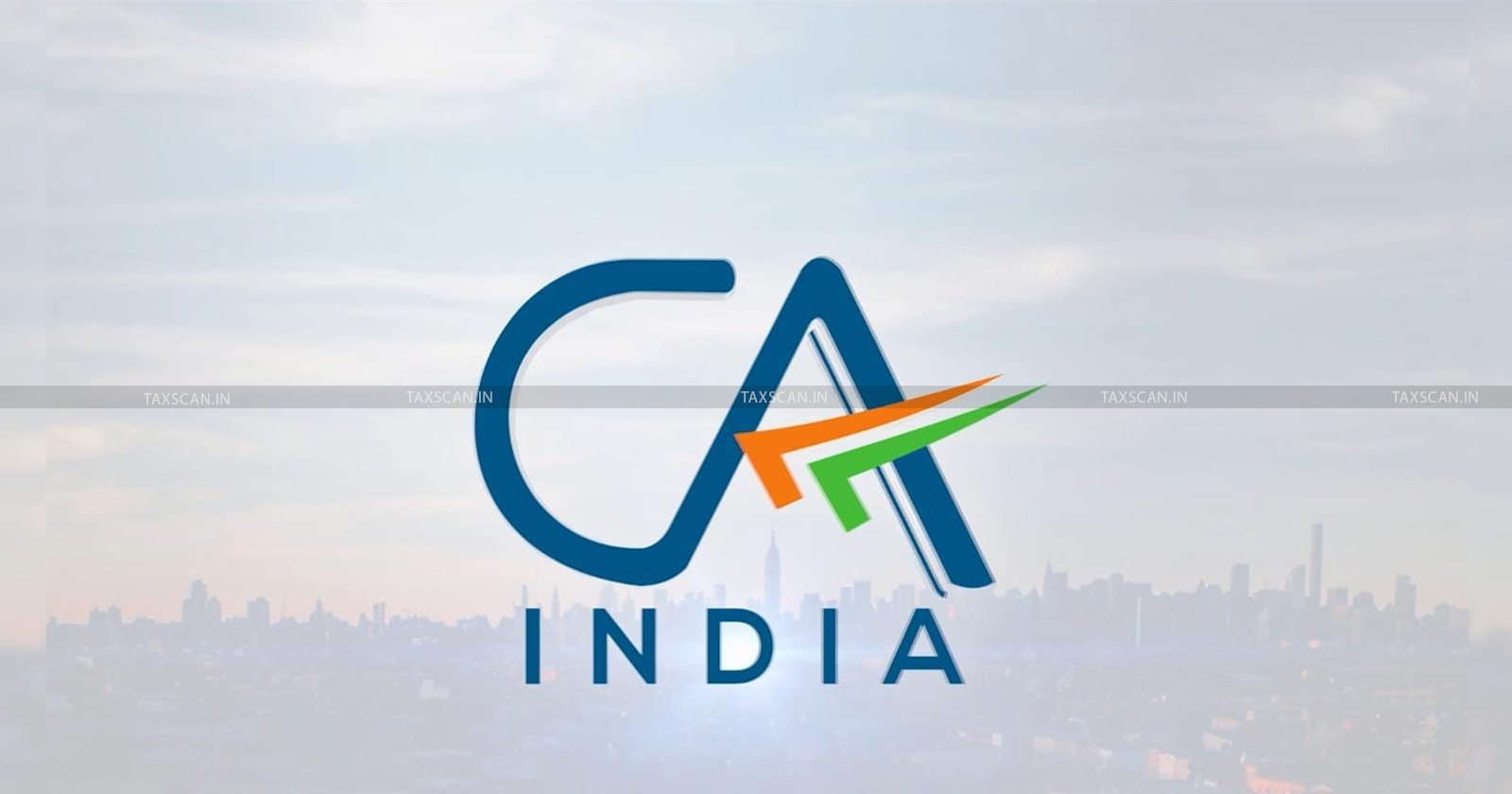ICAI Proposes Major Reforms to CA Ethics Code: Higher Audit Limits and Advertising Flexibility [Read Draft]
CAs and firms will now be able to use digital and directory listings more effectively, allowing for detailed firm write-ups and the use of contemporary communication formats to reach clients ethically
![ICAI Proposes Major Reforms to CA Ethics Code: Higher Audit Limits and Advertising Flexibility [Read Draft] ICAI Proposes Major Reforms to CA Ethics Code: Higher Audit Limits and Advertising Flexibility [Read Draft]](https://images.taxscan.in/h-upload/2025/11/04/2102220-icai-proposes-icai-proposes-major-reforms-reforms-to-ca-ethics-taxscan.webp)
The Institute of Chartered Accountants of India ( ICAI ) has proposed sweeping reforms to its Code of Ethics, aiming to give chartered accountants greater professional flexibility and enhance the competitiveness of Indian firms in the global audit and advisory space.
Audit Limit Increased to 40 Firms
The proposal, released as part of the draft Code of Ethics 2025, seeks to increase the statutory audit limit for each CA from the existing 30 entities to 40, including companies, LLPs, and partnership firms. The move is expected to create a level playing field for domestic firms and promote scalability in audit practices.
Liberalization in Seminars and Client Outreach
Under the new draft, CAs will be permitted to hold and sponsor non-educational seminars both in India and abroad, a relaxation from earlier restrictions that limited participation only to educational events organized by ICAI.
In addition, the institute has proposed greater flexibility in advertising, allowing members and firms to promote their services in line with ethical standards. The changes also extend to networking permissions and firm outreach, enabling broader client engagement opportunities.
Alignment with Global Ethical Framework
The revised Code has been aligned with the 2024 framework of the International Ethics Standards Board for Accountants (IESBA), introducing globally converged norms on independence, objectivity, and professional conduct.
As part of this alignment, ICAI has introduced a new chapter on Ethics Standards for Sustainability Assurance, which addresses critical risks such as bias, conflicts of interest, unethical pressure, and greenwashing in sustainability reporting.
New Ethical Principles and Expanded Definitions
The draft also integrates “Satyameva Jayate” (Truth Alone Triumphs) under the fundamental principle of integrity, reinforcing moral responsibility within the profession. The concept of “bias” has been elaborated in the conceptual framework to ensure professional judgment remains independent and objective.
Further, the definition of Public Interest Entities (PIEs) has been broadened to include entities that accept public deposits, expanding the scope of ethical oversight.
Advertising and Website Guidelines
Among the most notable updates are reforms to the Advertisement Guidelines, 2008 and Website Guidelines, which ICAI aims to make “more contemporary.” The proposed changes remove outdated conditions such as mandatory membership number disclosure, font size limits, and rigid design formats.
CAs and firms will now be able to use digital and directory listings more effectively, allowing for detailed firm write-ups and the use of contemporary communication formats to reach clients ethically.
Expanded Professional Services and Partnerships
The new Code also allows CAs to enter partnerships with other professionals under registered entities, thereby enabling multidisciplinary collaboration. It further includes permission to offer new-age professional services such as forensic accounting, artificial intelligence consulting, research analysis, and social impact assessment.
This expansion aims to help Indian firms compete with global audit and advisory networks and adapt to the evolving business environment.
Guidelines on Ethical Issues, 2025
The exposure draft introduces a new consolidated structure titled “Guidelines on Ethical Issues, 2025”, merging multiple council-issued directives into a unified code. These guidelines raise several thresholds including increasing the indebtedness limit for CAs from ₹1 lakh to ₹5 lakh and increasing the audit assignment limit to 40 companies.
The threshold for non-audit work has also been revised upward, now permitting CAs to accept such assignments from companies with a turnover exceeding ₹250 crore, thereby expanding advisory opportunities.
New Chapters on Fees and Insolvency Engagements
The ICAI has also proposed the inclusion of new chapters on minimum professional fees and non-payment of audit fees. Further, the revised draft allows auditors to accept assignments from companies undergoing insolvency proceedings, even if audit fees to previous auditors remain unpaid.
All things considered, the suggested changes indicate ICAI's intention of revising the ethical and legal framework that governs the CA profession. The Code of Ethics 2025 seeks to allow Indian CAs to compete internationally while maintaining the fundamental values of integrity, independence, and public interest by easing antiquated regulations, promoting interdisciplinary practice, and matching with global standards.
Support our journalism by subscribing to Taxscan premium. Follow us on Telegram for quick updates



